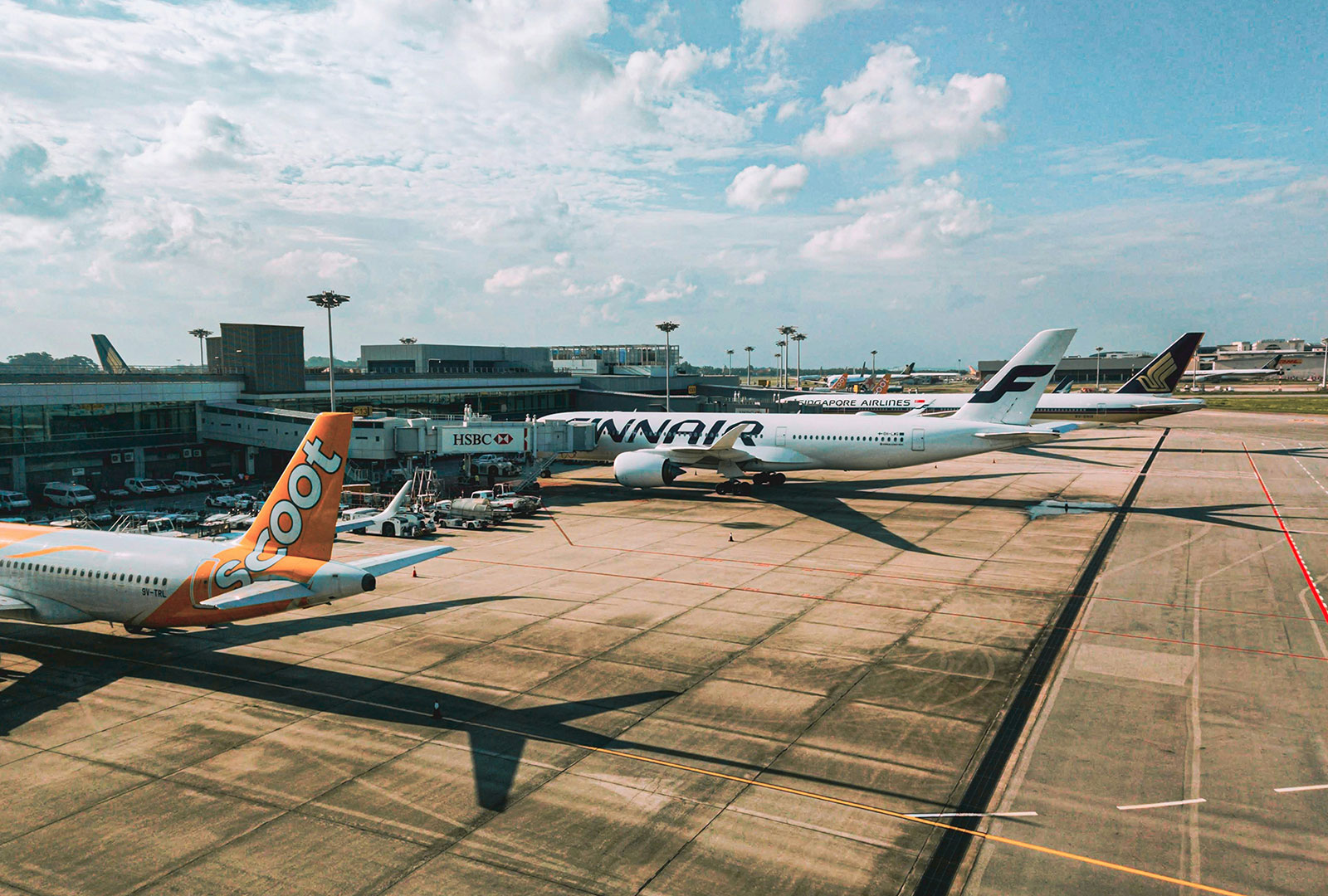
19 April 2024
The AI Revolution in the Skies: Transforming Aviation and Airline Operations
Read Time: 6 minutes
The world of aviation is witnessing a remarkable transformation, driven largely by advancements in artificial intelligence (AI). This technological revolution is not just a futuristic concept; it’s already underway, reshaping how airlines operate, enhancing passenger experience, and offering new levels of efficiency and safety.
AI in Flight Operations and Maintenance
One of the most significant impacts of AI in aviation is seen in flight operations. AI algorithms are being used to optimize flight routes in real-time, taking into account weather conditions, air traffic, and fuel efficiency. This not only saves time but also reduces environmental impact, a pressing concern in today’s world.
Maintenance is another area where AI is making a big splash. Predictive maintenance, powered by AI, allows airlines to foresee potential issues before they arise. This proactive approach minimizes downtime for aircraft and can lead to substantial cost savings. For instance, Delta Air Lines reported saving nearly $600,000 in 2020 by using AI to predict and prevent a single flight disruption.
Enhancing Passenger Experience
AI is also revolutionizing the passenger experience. Personalized travel experiences, facilitated by AI-driven data analysis, can tailor offerings such as hotel recommendations and customized in-flight entertainment to individual preferences. AI-powered chatbots and virtual assistants provide 24/7 customer service, answering queries and solving problems more efficiently.
Safety and Security Improvements
In terms of safety, AI is a game-changer. By analyzing vast amounts of data, AI can identify potential safety hazards that might be missed by human eyes. In airport security, for example, AI-enabled systems are improving the detection of prohibited items, thus enhancing overall security.
Challenges and Considerations
However, the integration of AI in aviation isn’t without challenges. Concerns around data privacy, cybersecurity, and the need for robust regulatory frameworks are at the forefront. Additionally, there is the crucial aspect of ensuring AI systems are transparent and explainable, especially in a sector where safety is paramount.
The Future is Here
As we look to the future, the role of AI in aviation will only grow. From pilot assistance technologies to fully autonomous flights, the possibilities are endless. The International Air Transport Association (IATA) predicts that AI could contribute $40 billion in annual benefits to the airline industry by enhancing operational efficiencies, improving service, and boosting revenues.
In conclusion, AI is not just changing the face of aviation; it’s propelling it into a new era of efficiency, safety, and personalized service. The journey has just begun, and the destination promises to be as exciting as the flight itself.
Sources
- 1. “Delta Air Lines Harnesses the Power of AI for Flight Operations.” Delta News Hub. [Link](https://news.delta.com/delta-air-lines-harnesses-power-ai-flight-operations)
- 2. “Artificial Intelligence in Aviation.” IATA. [Link](https://www.iata.org/en/programs/ops-infra/ai-aviation/)
- 3. “AI in Aviation: Enhancing Safety and Efficiency.” Aviation Week. [Link](https://aviationweek.com/air-transport-safety-ops-regulation/ai-aviation-enhancing-safety-efficiency)
- 4. “The Role of AI in the Future of Air Travel.” Forbes. [Link](https://www.forbes.com/ai-air-travel/)